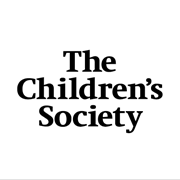
Last updated by Stephanie Rosser on Tuesday, January 28, 2025
In this report young people were asked how they feel members of the public, businesses, and services respond to children at risk of or experiencing exploitation. The aim was to find out what is working and what is not, and how support can be improved to protect vulnerable young people.
This theme was chosen given its relevance to the #LookCloser campaign and wider initiatives to improve public, private and statutory responses to child exploitation.
Feelings on bias
Young people said they think racism, ableism, gender prejudice, and a lack of understanding of trans identities are major barriers to getting help. They believe many people are unwilling to confront their own biases or learn about the complexity of different identities.
Thoughts on presentation of those at risk
Young people stressed the importance of adults paying close attention to body language and behaviour, as these can signal when a young person is at risk. Signs like looking tense, nervous, or lost may point to exploitation.
Reflections on current responses
Some young people shared that they don’t feel confident adults would step in to help if they were at risk, believing adults are often more focused on their own safety. This lack of trust can make it harder for young people to get the help they need.
What young people want
Young people want the police and other adults to truly listen to them and take action to keep them safe. They emphasised the need for spaces where they can ask for help without fear of blame and where their voices are valued.
They also called for adults, including the public, to step up in protecting children—approaching them with respect, kindness, and without judgment. Above all, they want empathetic, supportive, and proactive responses that put their wellbeing first.